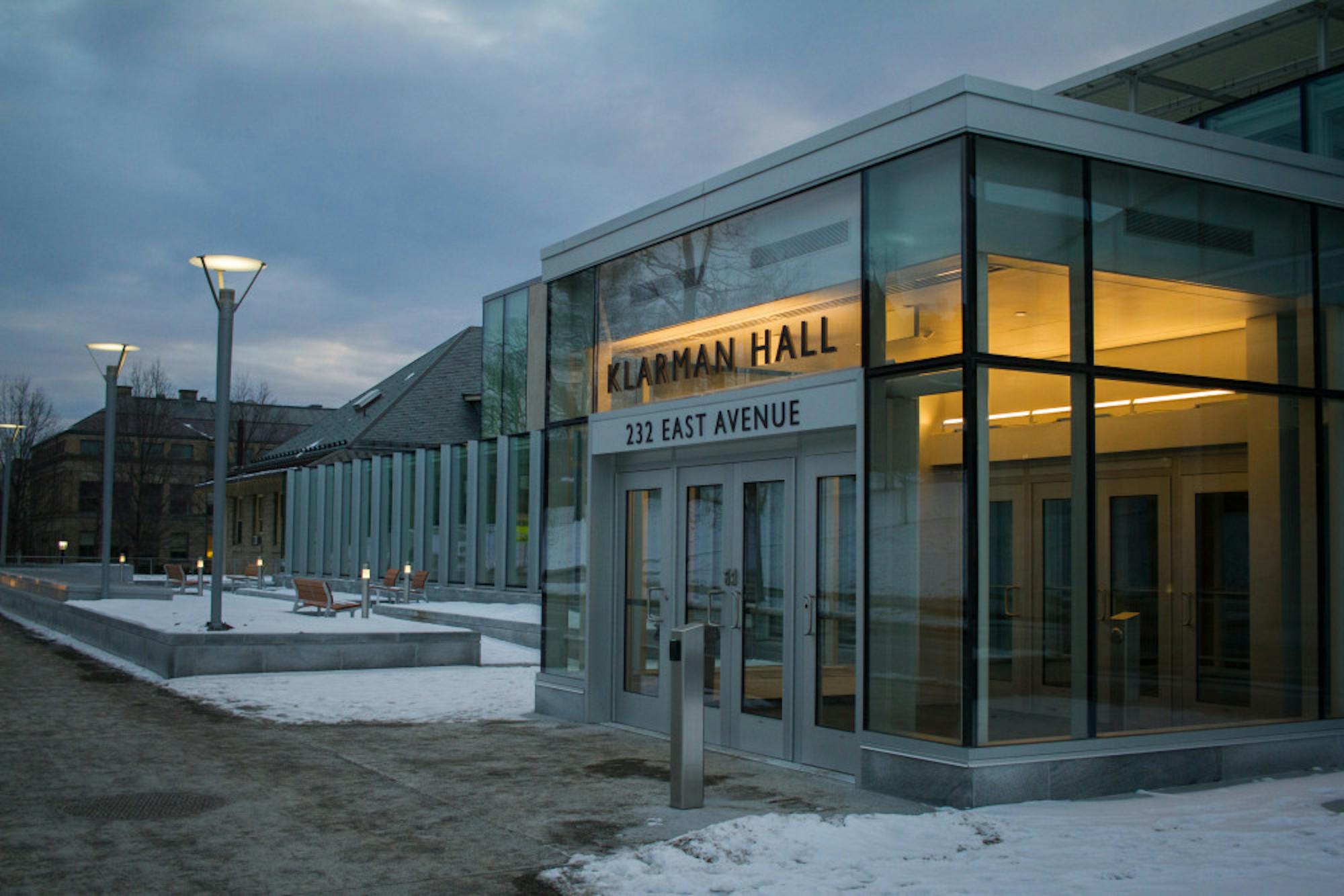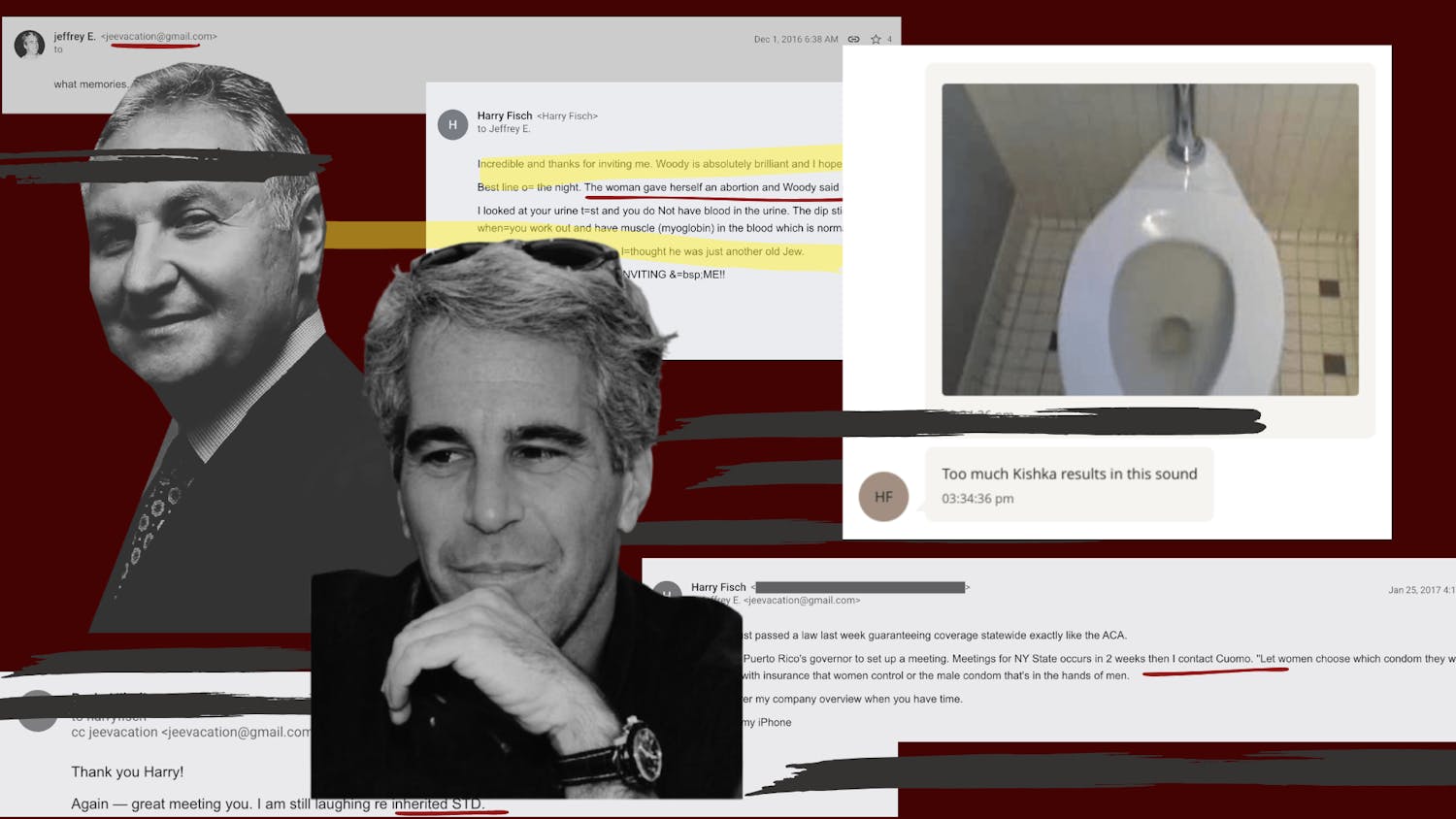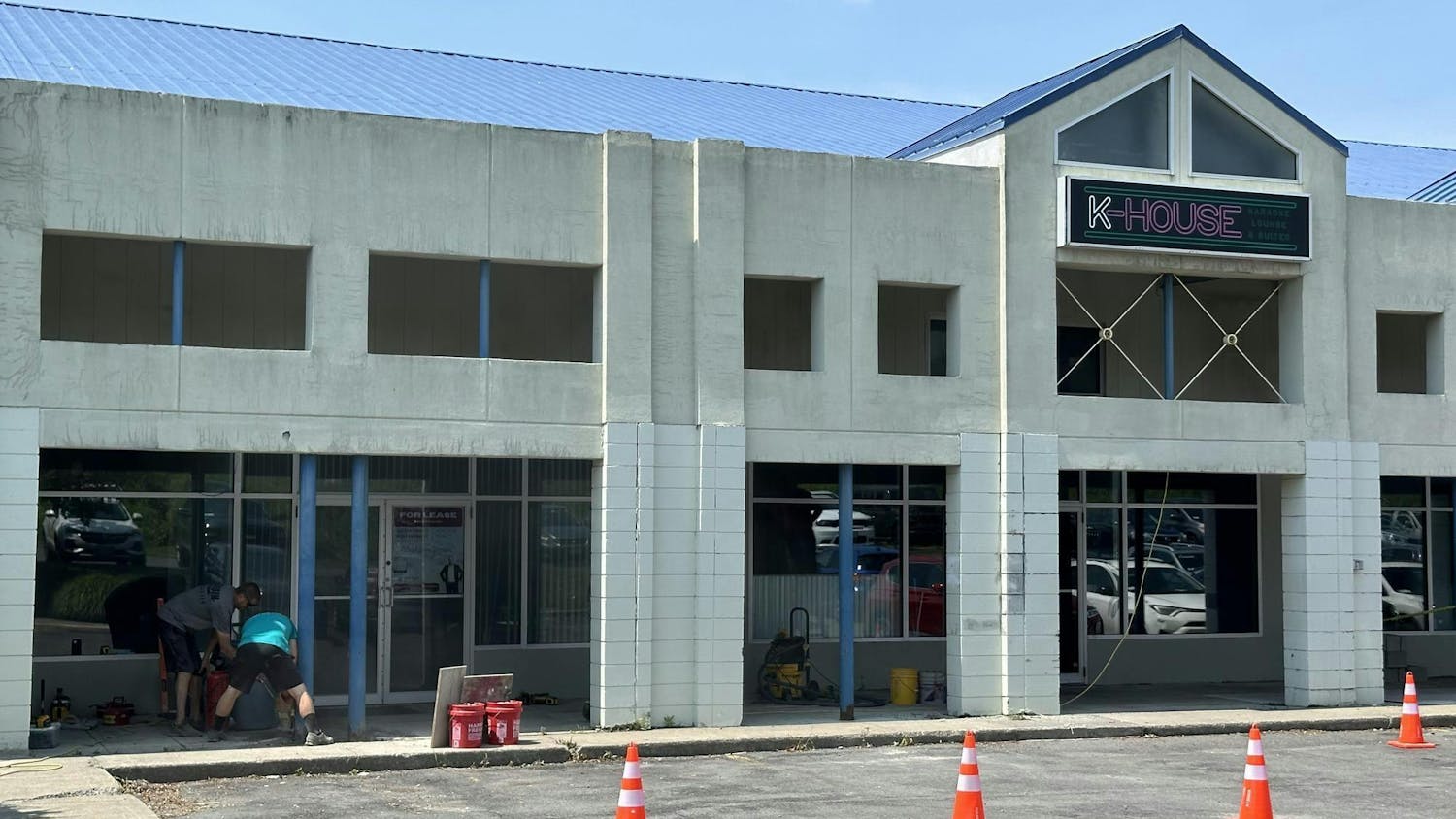Correction appended.
With interests ranging from astrophysics to immigration, Cornell University will soon welcome six new postdoctoral researchers this fall to take on the College of Arts and Sciences’ newest academic project: the Klarman Fellowship.
This fall, the College of Arts and Sciences is welcoming its first class of fellows to the three-year fellowship designed for postdoctoral scholars to devote themselves to innovative research without being tied to academic outcomes or teaching responsibilities.
Working with faculty mentors within Arts and Sciences, recipients are free to conduct research in any discipline within the college, from social sciences to the creative arts.
Ray Jayawardhana, dean of the College of Arts and Sciences, told The Sun that the college created the fellowship to recruit and support the “very best emerging scholars around the world.”
“What struck me was the way they talked about their research,” Jayawardhana said. “[The applicants] had incredibly high intellectual ambition, and they were very sophisticated in the ways they talked about their methodologies of research.”
The six fellows were selected from a wide variety of backgrounds through a “multifaceted, nuanced [selection process],” Jayawardhana said, though the dean expressed hopes that the diversity of the program will increase in coming years.
One incoming Klarman fellow, Charles Petersen, is studying the history of meritocracy, with a focus on Silicon Valley. The American studies Ph.D. candidate at Harvard University told The Sun that the fellowship attracted him because it offered recipients an “unusual degree of freedom,” including a $12,000 a year research budget and no teaching obligations.
“The significant research budget allows me to pursue research avenues that otherwise appeared foreclosed,” Petersen said, who plans to turn his dissertation into a completed book manuscript. “This is not to mention the equally unusual opportunity to be teamed up with faculty mentors. I jumped at the chance to work more closely with them, and with the Cornell history community.”
On the other end of the liberal arts spectrum is Vijay Varma, who got his Ph.D. in theoretical astrophysics from the California Institute of Technology, and plans to expand the breadth of his research during the fellowship.
“The Klarman fellowship is great for this as it draws talent across all disciplines within Arts and Sciences,” Varma told The Sun in an email. “I expect that the regular meetings with the other fellows will be very enlightening for me.”
For Varma, he explained that the fellowship would allow him to pursue “high-risk, high-reward” projects, which would otherwise be inhibited by traditional postdoctoral workloads.
The professional development support promised by the Klarman fellowship offers a look into a potential future of academia and the “important aspects of becoming a well-rounded research,” Varma wrote.
“The Klarman fellowship will be transformative for my research,” Petersen said. “There are very few other fellowships that offer this kind of time and resources.”
Correction: An earlier version of this article inaccurately referred to postdoctoral fellows as students.

Six Scholars Set to Pioneer Cornell’s Klarman Fellowship Program
Reading time: about 3 minutes
Read More










